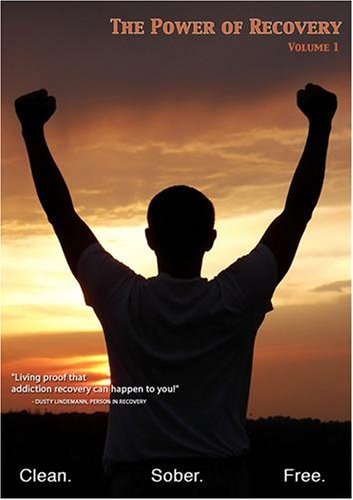Lister Petter Diesel Generators Buy Now New Crystal Scotch Glasses Best Indian Remy Hair Order Now
Alcoholics Rehabilitation. Cen-Tex Alcoholic Rehab Center Business Information. Cen-Tex Alcoholic Rehab ...
Tuesday, December 27, 2011
Tuesday, December 13, 2011
Thursday, December 8, 2011
Saturday, December 3, 2011
Canvas Prints of Union Workhouse, Lewes, Sussex from Mary Evans
!: Shop Canvas Prints of Union Workhouse, Lewes, Sussex from Mary Evans save
Brand : Mary EvansRate :

Price :
Post Date : Dec 04, 2011 06:45:33
Usually ships in 2-3 business days
20x16 Canvas Print, White Sides. , Union Workhouse, Lewes, Sussex. The Lewes Union workhouse, erected in In 1868 on De Montfort Road, Lewes, Sussex. In 1902, after its closure as a workhouse, the site briefly became the Southern Counties Inebriates Reformatory run by the Reverend Harold Burden. Chosen by Mary Evans. Photo printed on archival quality canvas. Laminated. Canvas print stretched and hand mounted over thick 1 3/8 inch wooden bars.
Weed Trimmer Line Buy Online Best Prices Ikea Armoire Best Prices Simmons Beautyrest King Size
Monday, November 21, 2011
Saturday, November 19, 2011
Framed Prints of Union Workhouse, Lewes, Sussex from Mary Evans
!: Promotional Framed Prints of Union Workhouse, Lewes, Sussex from Mary Evans buy online
 | Price :
| Price : Post Date : Nov 19, 2011 17:36:57 | Usually ships in 2-3 business days
Framed 20x16 Print, Black Satin Frame with White Mat. , Union Workhouse, Lewes, Sussex. The Lewes Union workhouse, erected in In 1868 on De Montfort Road, Lewes, Sussex. In 1902, after its closure as a workhouse, the site briefly became the Southern Counties Inebriates Reformatory run by the Reverend Harold Burden. Chosen by Mary Evans. 30x20 wooden frame with mat and RA4 20x16 print. Finished back including brown backing paper, hanging
More Specification..!!
Wednesday, November 16, 2011
Wednesday, November 9, 2011
Saturday, November 5, 2011
Thursday, November 3, 2011
Thursday, October 27, 2011
Thursday, October 20, 2011
The Power of Recovery, Volume 1
!: Promotions The Power of Recovery, Volume 1 Order Now
Brand :Rate :

Price : $275.00
Post Date : Oct 20, 2011 14:03:52
Usually ships in 1-2 business days
Get ready for a powerful set of stories to inspire your recovery from addiction. You'll learn what others have done to manage triggers, control cravings, and come to terms with their past. Stories include a plumber, an ex-con, a father, a transgender, a priest, a mother of two, and a woman who was raped. The real value of these stories are the nuggets of wisdom you can apply in your own life to put addiction recovery into practice.
TESTIMONIALS ABOUT THE FILM:
"The public knows all about the drama and chaos of active addiction. What they don't know, understand and appreciate is RECOVERY! This video breaks down the "celebrity only" image and provides a glimpse into the lives of everyday people in recovery. Real people, real recovery."
-Robert J. Lindsey, M.Ed., CEAP
President and CEO
National Council on Alcoholism and Drug Dependence, Inc. (NCADD)
"These vignettes are powerful, riveting and compelling. They portray the impact of recovery as well as the diversity of this disease which impacts persons from all geographic areas, all economic areas and all professional backgrounds."
-Dr. Ronald J. Hunsicker, D.Min.
President/CEO
National Association of Addiction Treatment Providers (NAATP)
"The best film made in the addiction recovery and treatment field."
-Doug C.
Creator
The Road to Recovery Television Series
National Alcohol and Drug Addiction Recovery Month
This product is manufactured on demand using DVD-R recordable media. Amazon.com's standard return policy will apply.
Honeywell Gas Detection Systems Ideas Interview 3m Projector Lamp











